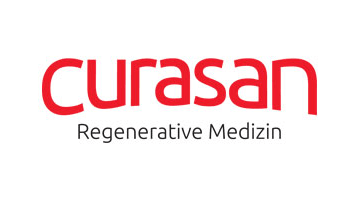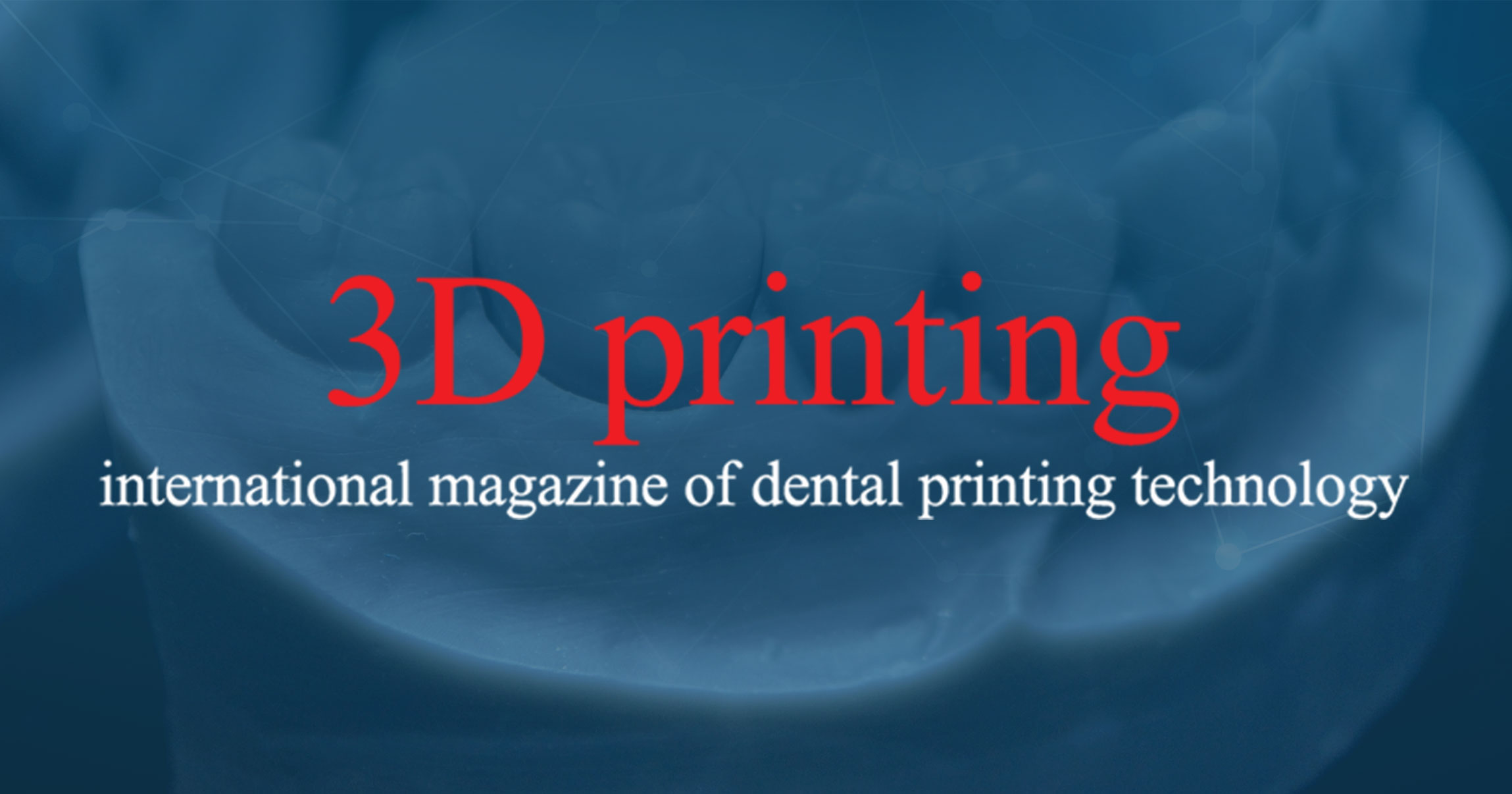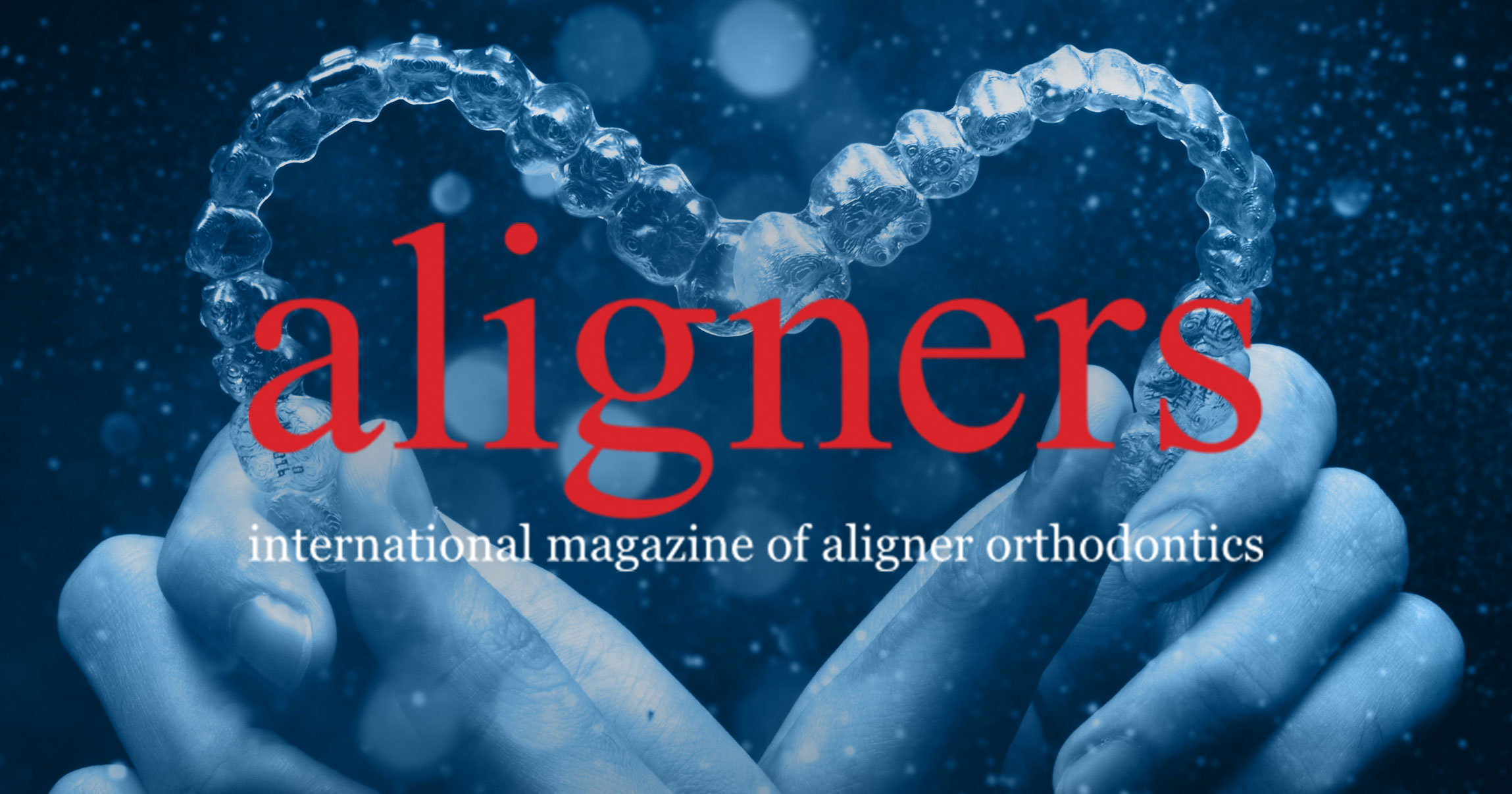COPENHAGEN, Denmark: On 13 and 14 October, chief dental officers of the World Health Organization (WHO) will meet at the organisation’s Regional Office for Europe in Copenhagen to discuss oral health priorities and targets in the context of WHO’s health policy framework Health 2020. The meeting represents an extension of work begun at a WHO Europe meeting in Minsk in Belarus in 2015 and will focus on oral health care systems in the countries of eastern Europe and central Asia.
According to WHO, the countries in these regions have a high oral disease burden, including high prevalence of untreated tooth decay in children and alarming levels of periodontal disease among adults and the elderly. Figures indicate that the incidence of oral cancers and loss of natural dentition is high in these countries, mainly owing to high consumption of tobacco and alcohol. For example, complete loss of the natural dentition is reported among 28.1 per cent of people aged 65–74 in the Russian Federation and 27.1 per cent in Kazakhstan, whereas the rate is 13.1 per cent in Sweden, according to WHO.
In order to address these issues and to continue pursuing WHO’s targets for reducing dental caries in children by 2020, the meeting will assess the oral health care systems of these countries and determine whether they meet the needs of their respective populations.
In the last two decades, oral health care systems in the region have undergone extensive transformation, from mainly public care providers to a mixture of public and private provision of oral health care. However, dental treatment seldom includes preventative care or oral health promotion, and generally, the introduction of universal primary oral health care is a great challenge, WHO stressed in a press release.
In this context, the Copenhagen meeting will furthermore include discussions about strengthening work towards integrated population-based disease prevention and national public health, especially for vulnerable populations such as children and elderly people.



 阿尔巴尼亚 / Albania
阿尔巴尼亚 / Albania
 奥地利 / Österreich
奥地利 / Österreich
 波黑 / Босна и Херцеговина
波黑 / Босна и Херцеговина
 保加利亚 / България
保加利亚 / България
 克罗地亚 / Hrvatska
克罗地亚 / Hrvatska
 捷克共和国 / Česká republika & Slovensko
捷克共和国 / Česká republika & Slovensko
 芬兰 / Suomi
芬兰 / Suomi
 法国 / France
法国 / France
 德国 / Deutschland
德国 / Deutschland
 希腊 / ΕΛΛΑΔΑ
希腊 / ΕΛΛΑΔΑ
 意大利 / Italia
意大利 / Italia
 荷兰 / Nederland
荷兰 / Nederland
 斯堪的纳维亚 / Nordic
斯堪的纳维亚 / Nordic
 波兰 / Polska
波兰 / Polska
 葡萄牙 / Portugal
葡萄牙 / Portugal
 罗马尼亚 / România & Moldova
罗马尼亚 / România & Moldova
 斯洛文尼亚 / Slovenija
斯洛文尼亚 / Slovenija
 塞尔维亚和黑山 / Србија и Црна Гора
塞尔维亚和黑山 / Србија и Црна Гора
 西班牙 / España
西班牙 / España
 瑞士 / Schweiz
瑞士 / Schweiz
 土耳其 / Türkiye
土耳其 / Türkiye
 英国和爱尔兰 / UK & Ireland
英国和爱尔兰 / UK & Ireland
 国际版 / International
国际版 / International
 巴西 / Brasil
巴西 / Brasil
 加拿大 / Canada
加拿大 / Canada
 拉丁美洲 / Latinoamérica
拉丁美洲 / Latinoamérica
 美国 / USA
美国 / USA
 印度 / भारत गणराज्य
印度 / भारत गणराज्य
 日本 / 日本
日本 / 日本
 巴基斯坦 / Pākistān
巴基斯坦 / Pākistān
 越南 / Việt Nam
越南 / Việt Nam
 东盟 / ASEAN
东盟 / ASEAN
 以色列 / מְדִינַת יִשְׂרָאֵל
以色列 / מְדִינַת יִשְׂרָאֵל
 阿尔及利亚 / الجزائر
阿尔及利亚 / الجزائر
 中东 / Middle East
中东 / Middle East
:sharpen(level=0):output(format=jpeg)/up/dt/2023/03/06-1.jpg)
:sharpen(level=0):output(format=jpeg)/up/dt/2023/03/IDS2023a.jpg)
:sharpen(level=0):output(format=jpeg)/up/dt/2023/03/CEOPH.jpg)
:sharpen(level=0):output(format=jpeg)/up/dt/2023/03/impltsaveWeb.jpg)
:sharpen(level=0):output(format=jpeg)/up/dt/2023/02/europ1.jpg)







:sharpen(level=0):output(format=png)/up/dt/2022/01/Sprintray_Logo_2506x700.png)
:sharpen(level=0):output(format=png)/up/dt/2010/06/DirectaDentalGroup_2021_new_a.png)
:sharpen(level=0):output(format=png)/up/dt/2023/03/ACTEON_NEW-logo_03-2024.png)
:sharpen(level=0):output(format=png)/up/dt/2022/01/Straumann_Logo_neu-.png)
:sharpen(level=0):output(format=png)/up/dt/2023/01/ClearCorrect_MainLogoV4.png)
:sharpen(level=0):output(format=jpeg)/up/dt/e-papers/320439/1.jpg)
:sharpen(level=0):output(format=jpeg)/up/dt/2022/08/DTCHI_0322_FINAL.jpg)
:sharpen(level=0):output(format=jpeg)/up/dt/e-papers/307114/1.jpg)
:sharpen(level=0):output(format=jpeg)/up/dt/e-papers/302868/1.jpg)
:sharpen(level=0):output(format=jpeg)/up/dt/e-papers/295582/1.jpg)
:sharpen(level=0):output(format=jpeg)/up/dt/e-papers/274907/1.jpg)
:sharpen(level=0):output(format=png)/up/dt/2023/03/IMP-Banner-Image-World-Summit-Athens.png)
:sharpen(level=0):output(format=jpeg)/up/dt/2023/03/shutterstock_1027911667.jpg)
:sharpen(level=0):output(format=jpeg)/up/dt/2023/03/corp-en-us-image-dsw23-homepage-teaser-stage.jpg)
:sharpen(level=0):output(format=jpeg)/up/dt/2017/01/b04f837925617406e5205c5d45a09603.jpg)

:sharpen(level=0):output(format=jpeg)/up/dt/2023/03/06-1.jpg)
:sharpen(level=0):output(format=gif)/wp-content/themes/dt/images/dt-user.gif)
:sharpen(level=0):output(format=jpeg)/up/dt/2023/02/CADADET.jpg)
:sharpen(level=0):output(format=jpeg)/up/dt/2020/06/Digital-Dental-Show-Amann-Girrbach-virtual-exhibition-stand-offers-added-value.jpg)
:sharpen(level=0):output(format=jpeg)/up/dt/2019/09/Sino-Dental-2019.jpg)
:sharpen(level=0):output(format=jpeg)/up/dt/2017/09/resize_1505392105_uploads_images_0d0257a0acd6f430ccd6c124c9f05955_jpg_610x0_85.jpg)
:sharpen(level=0):output(format=jpeg)/up/dt/2021/06/g-cem-one-780x439-.jpg)
:sharpen(level=0):output(format=jpeg)/up/dt/2017/01/da4c4ee08cb27e23c7789e106921e371.jpg)
:sharpen(level=0):output(format=jpeg)/up/dt/2017/01/dad065f30b5832af73f1b730316e6180.jpg)
:sharpen(level=0):output(format=jpeg)/up/dt/2017/01/759a56eb57fde947e63ce8aa90f01970.jpg)
:sharpen(level=0):output(format=jpeg)/up/dt/2017/05/resize_1495440854_uploads_images_f7eec11ffe77a903ce1361e0562aa77c_jpg_610x0_85.jpg)
:sharpen(level=0):output(format=jpeg)/up/dt/2017/05/resize_1494760641_uploads_images_591aa95908860add10545823546f8e12_jpg_610x0_85.jpg)
:sharpen(level=0):output(format=jpeg)/up/dt/2021/06/goldbd1.jpg)








:sharpen(level=0):output(format=jpeg)/up/dt/2023/03/06-1.jpg)
:sharpen(level=0):output(format=jpeg)/up/dt/2023/03/IDS2023a.jpg)
:sharpen(level=0):output(format=jpeg)/up/dt/2023/03/CEOPH.jpg)
:sharpen(level=0):output(format=jpeg)/up/dt/2022/08/DTCHI_0322_FINAL.jpg)
:sharpen(level=0):output(format=jpeg)/up/dt/e-papers/307114/1.jpg)
:sharpen(level=0):output(format=jpeg)/up/dt/e-papers/302868/1.jpg)
:sharpen(level=0):output(format=jpeg)/up/dt/e-papers/295582/1.jpg)
:sharpen(level=0):output(format=jpeg)/up/dt/e-papers/274907/1.jpg)
:sharpen(level=0):output(format=jpeg)/up/dt/e-papers/320439/1.jpg)
:sharpen(level=0):output(format=jpeg)/up/dt/e-papers/320439/2.jpg)



